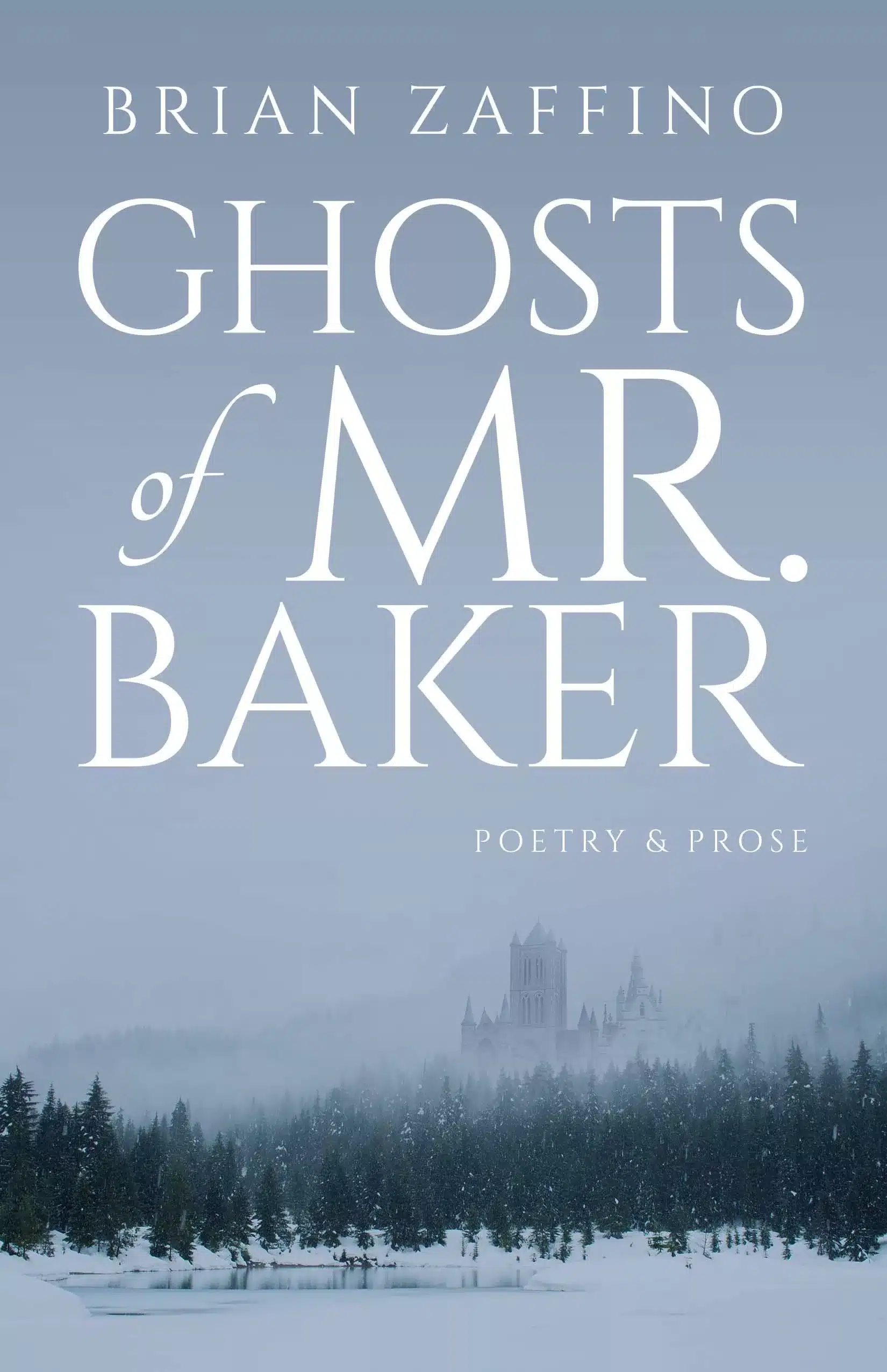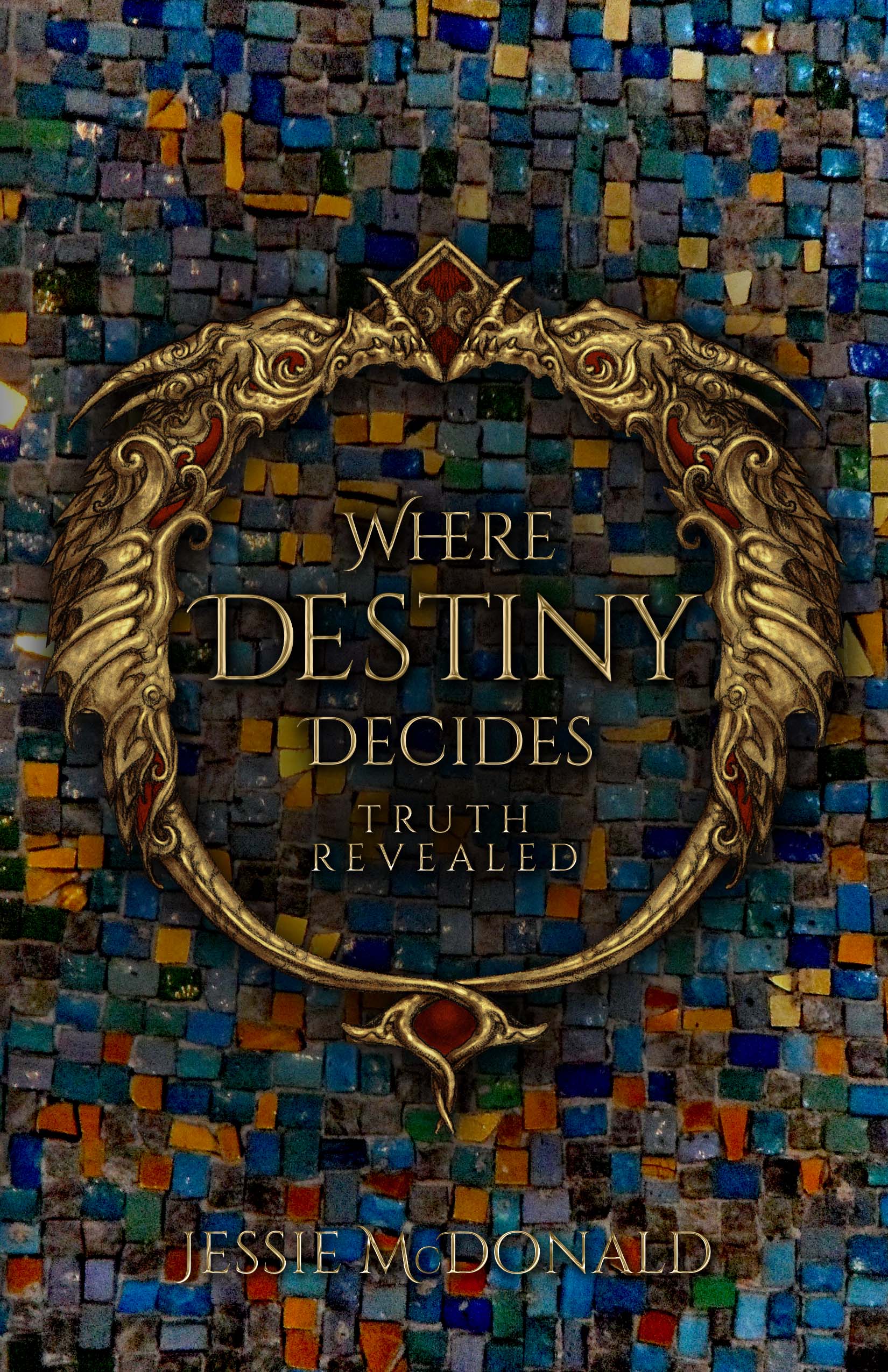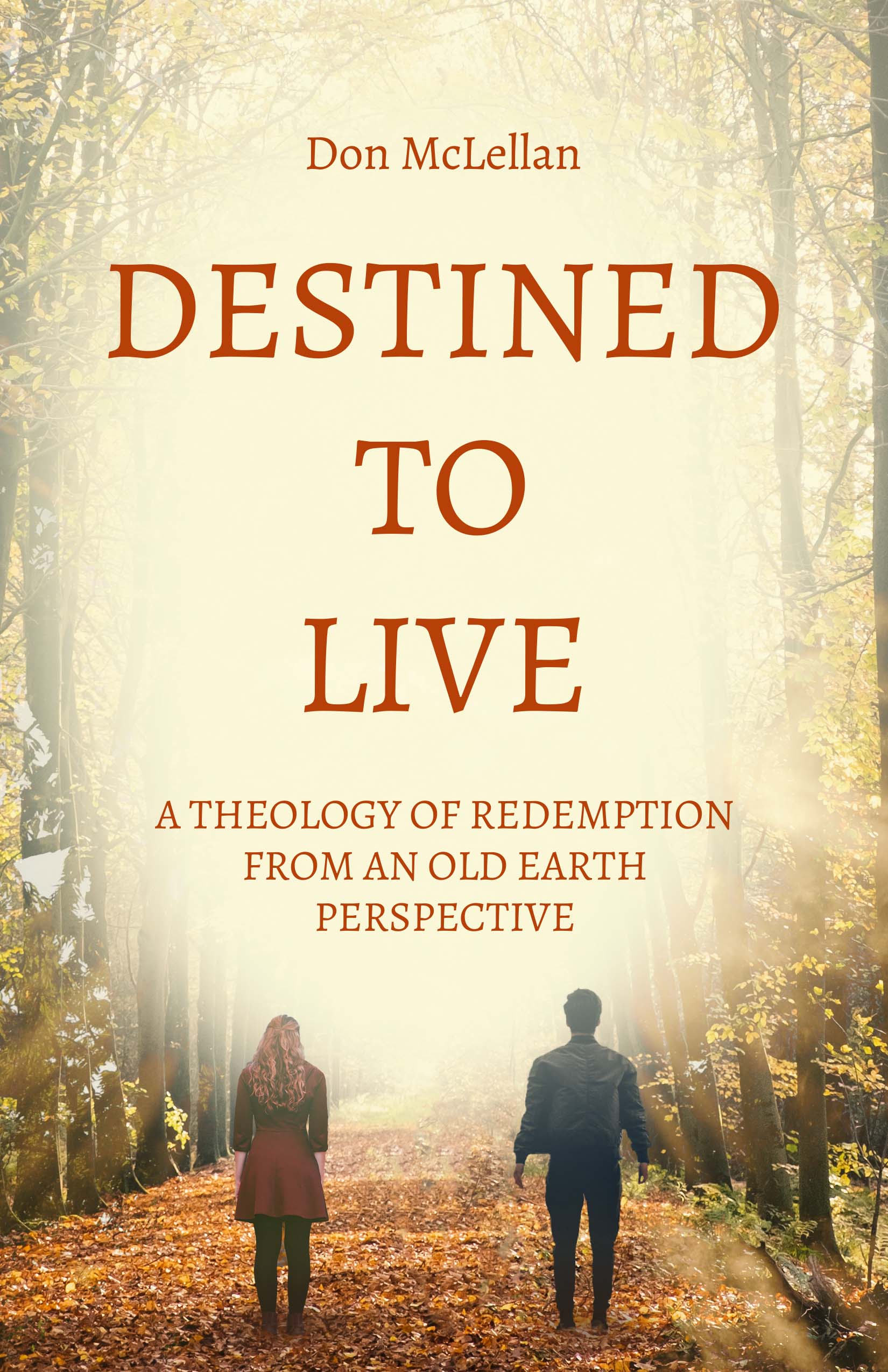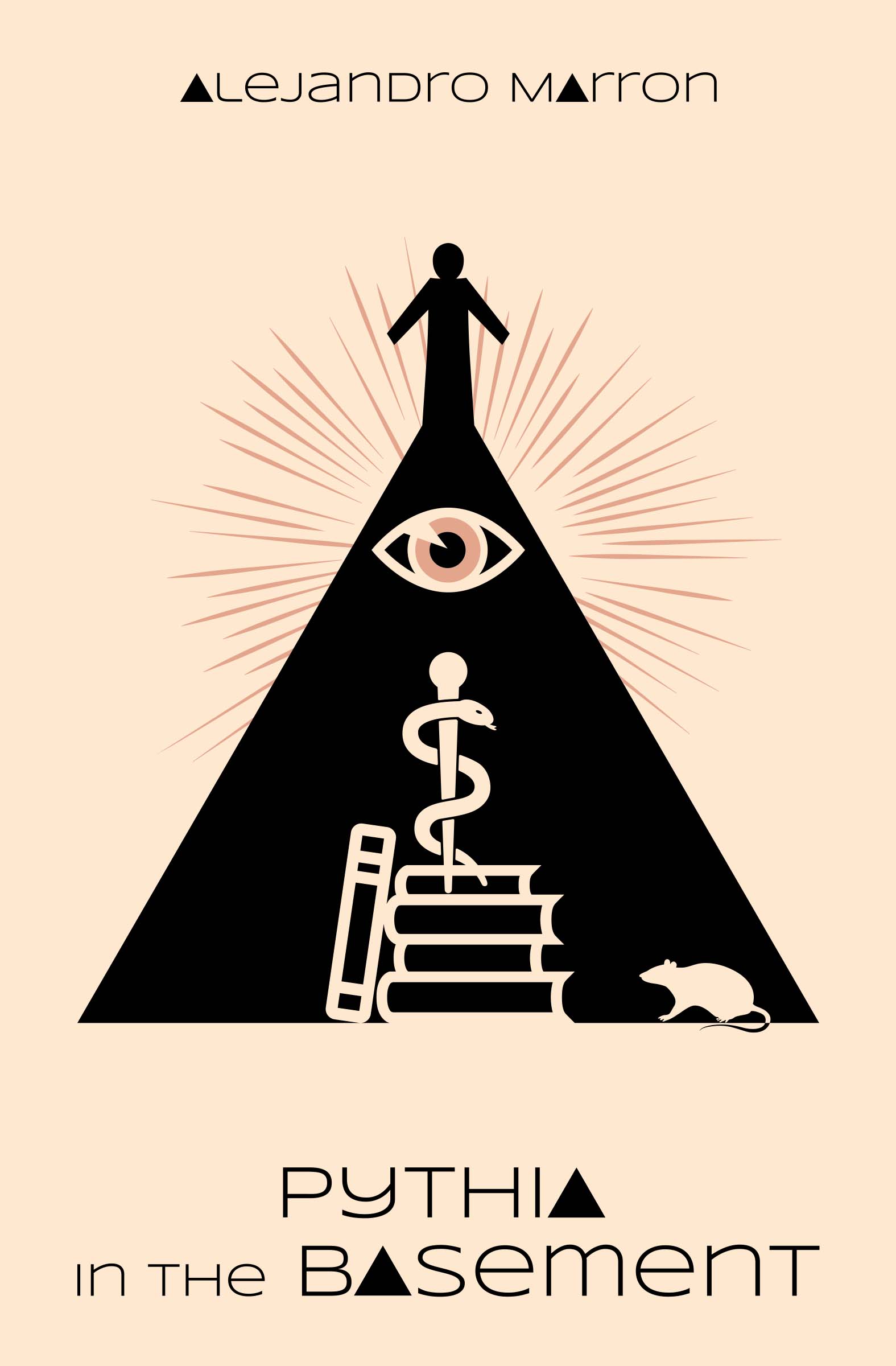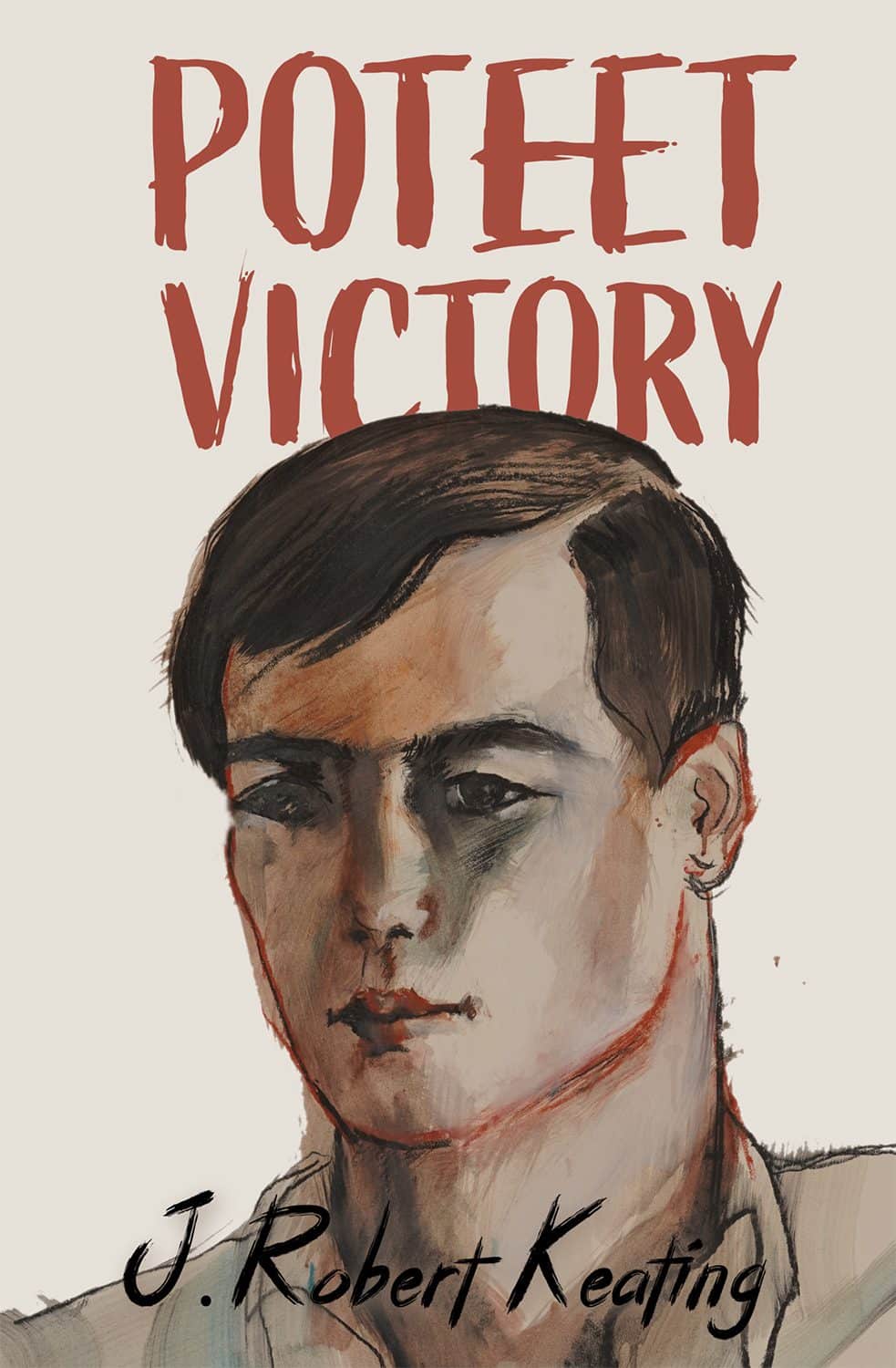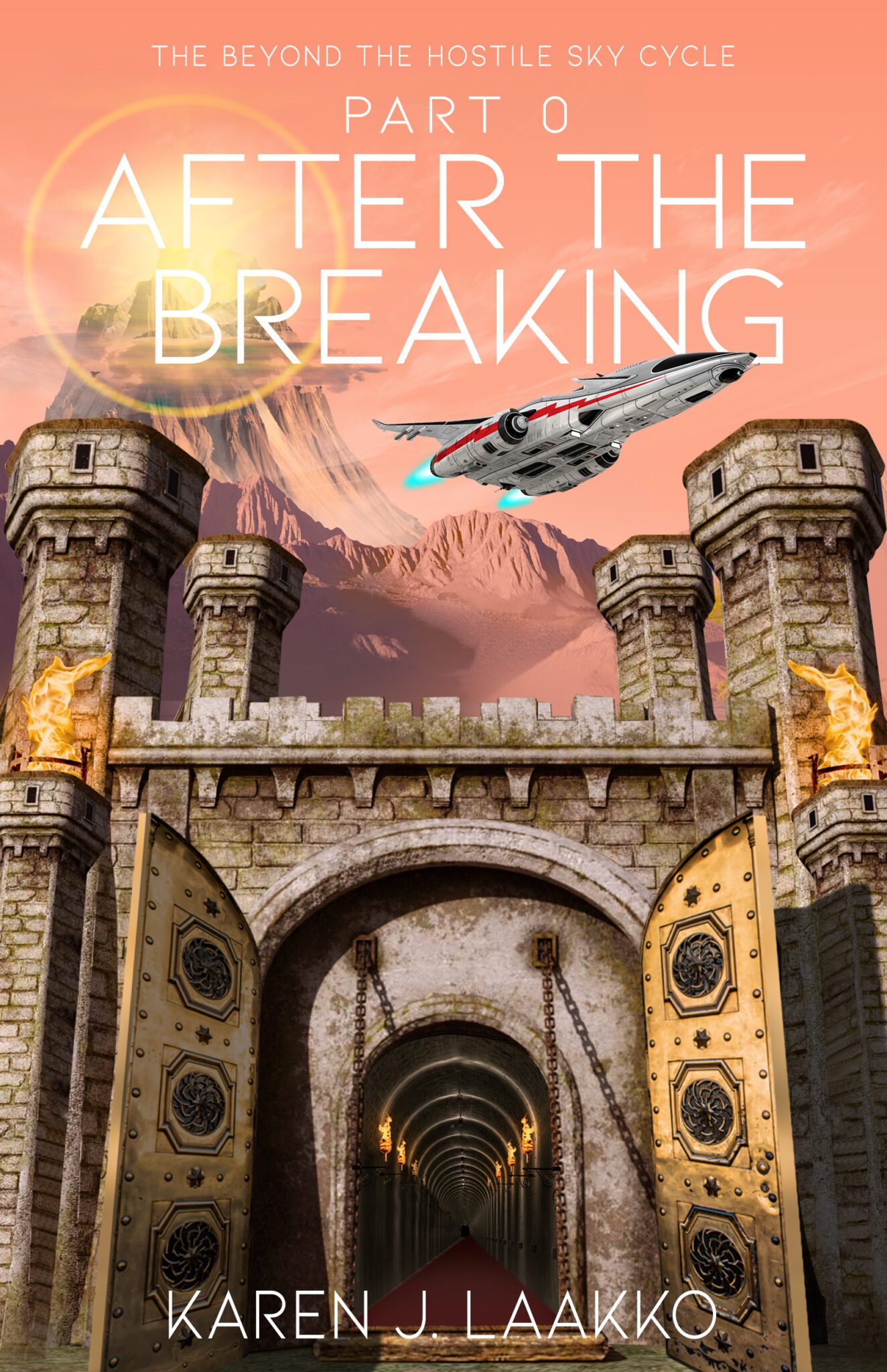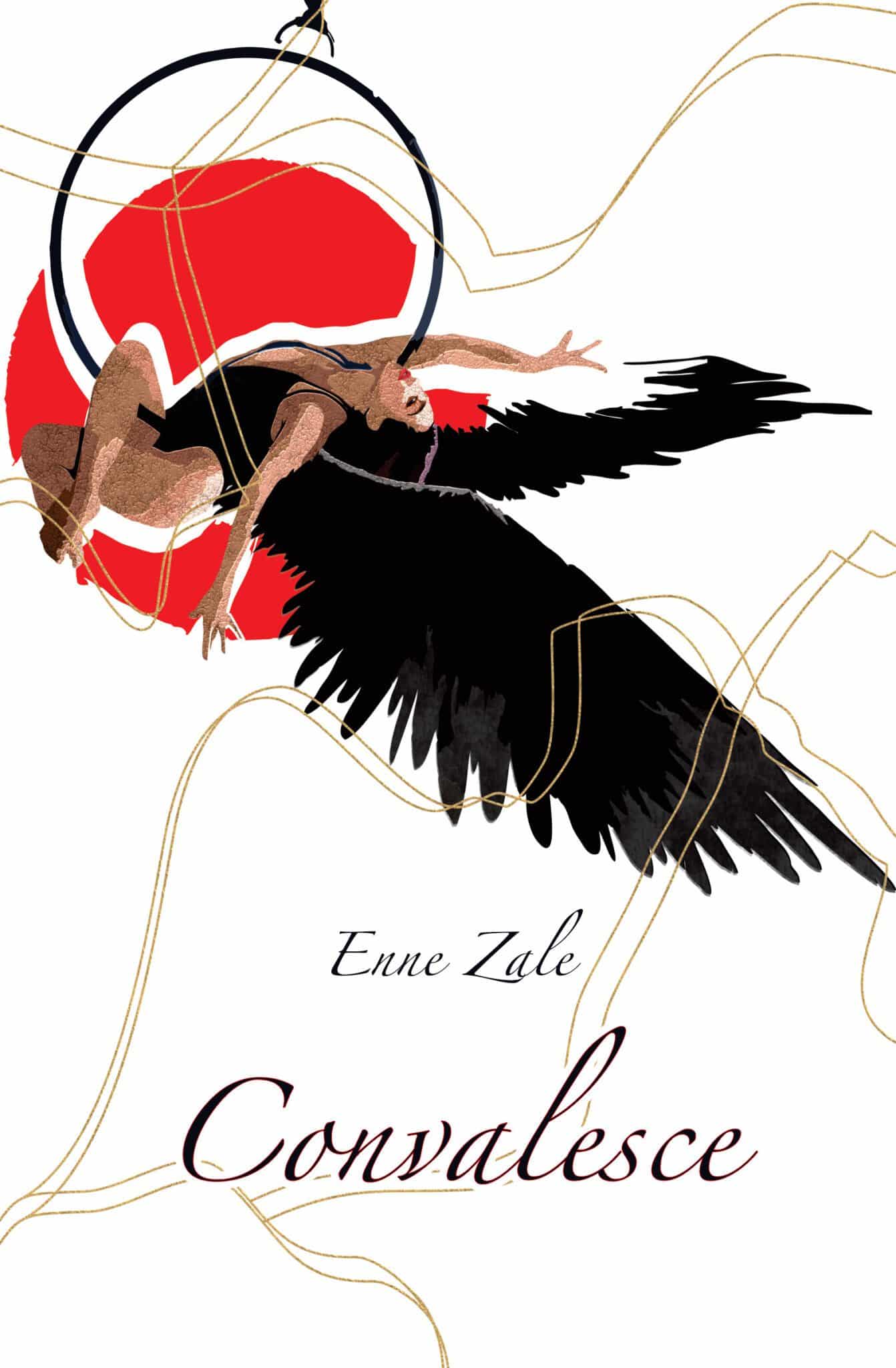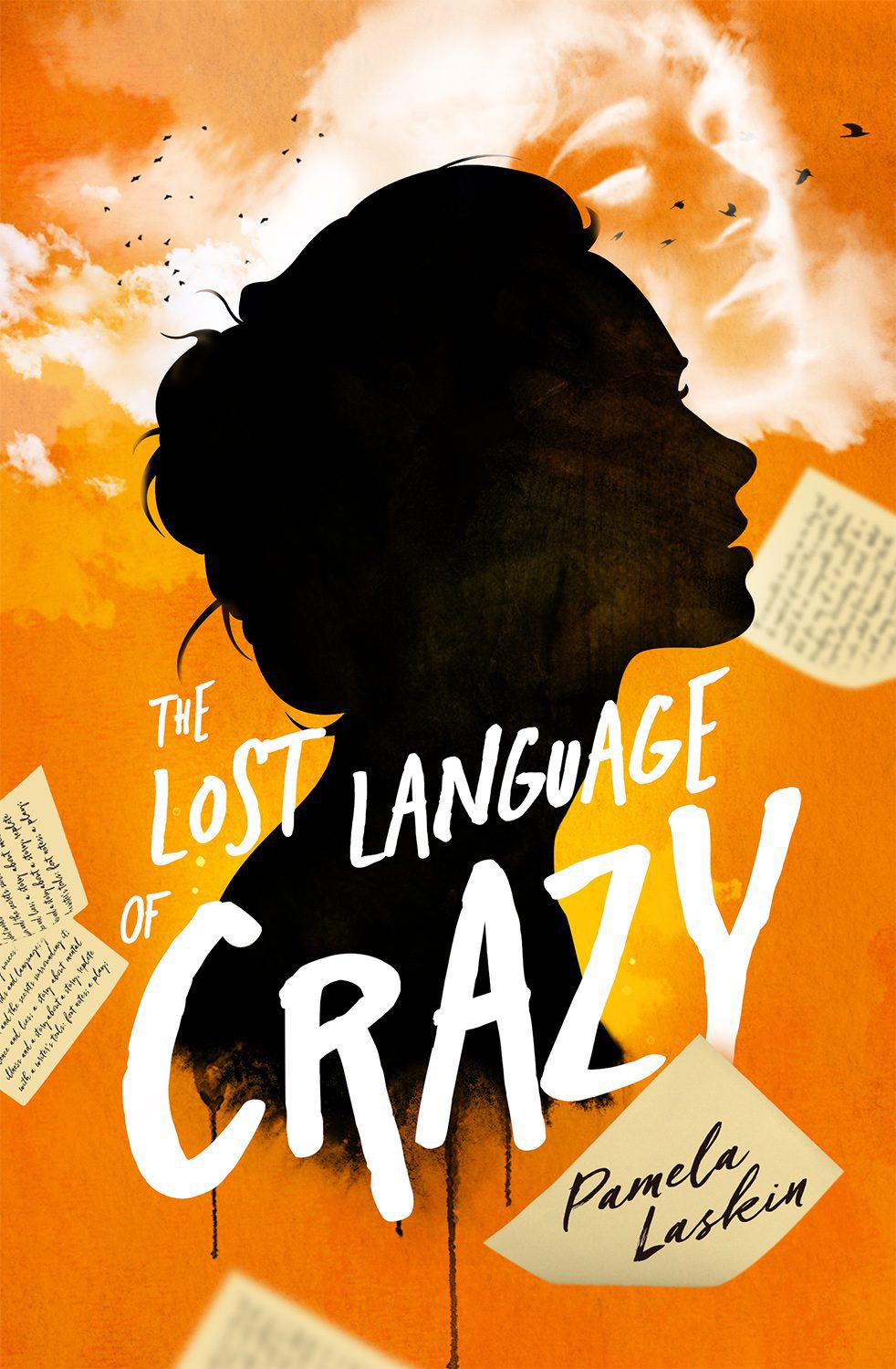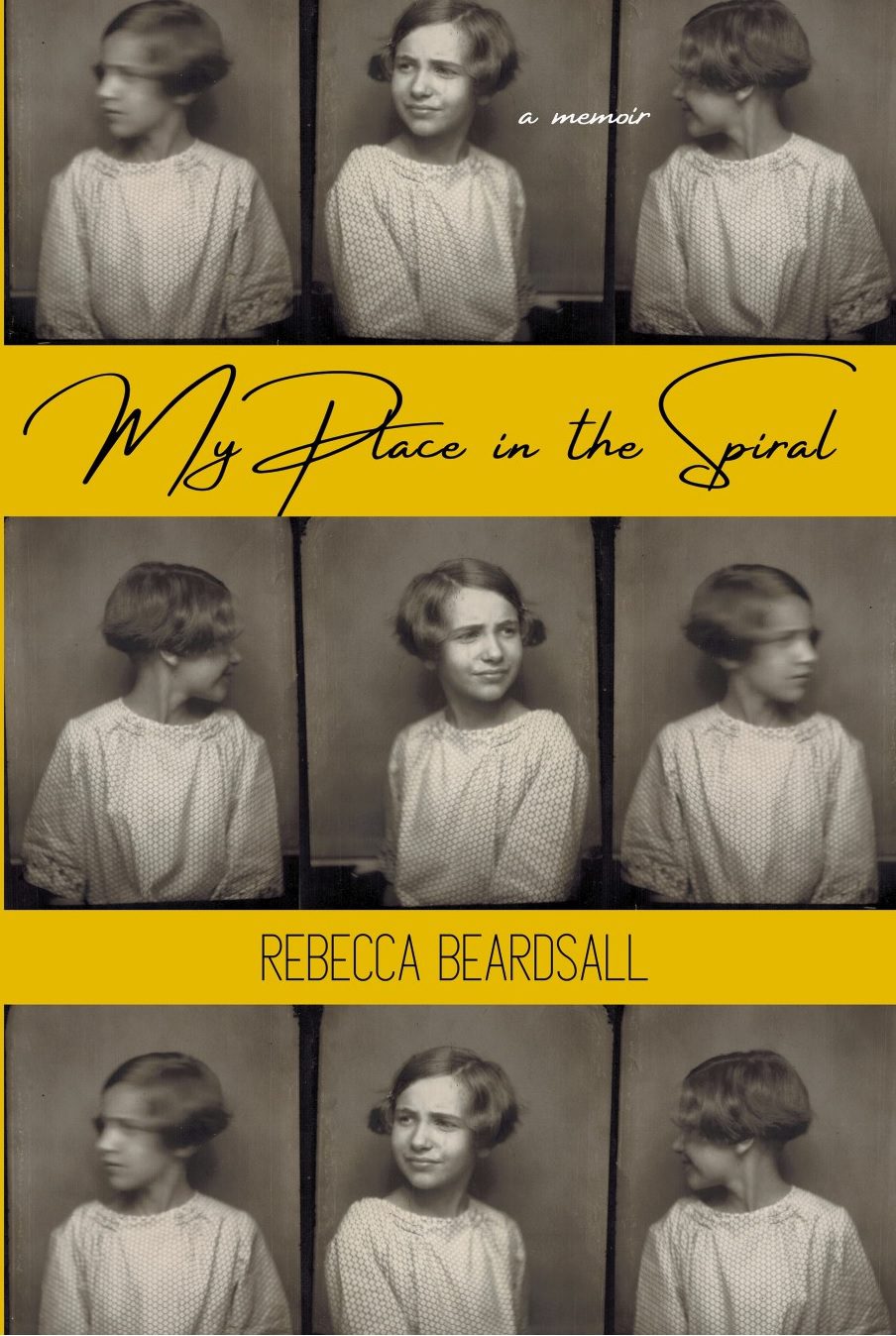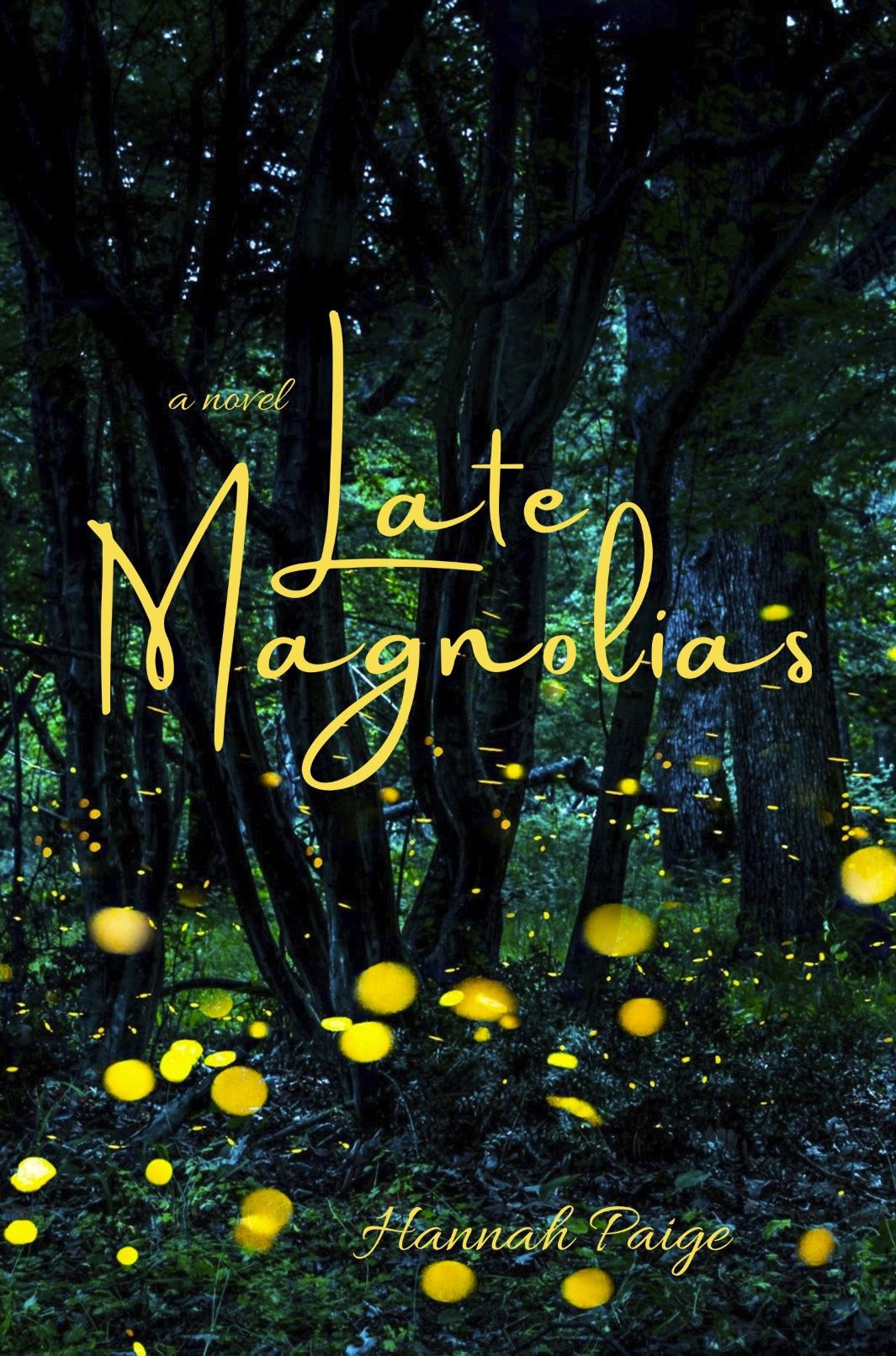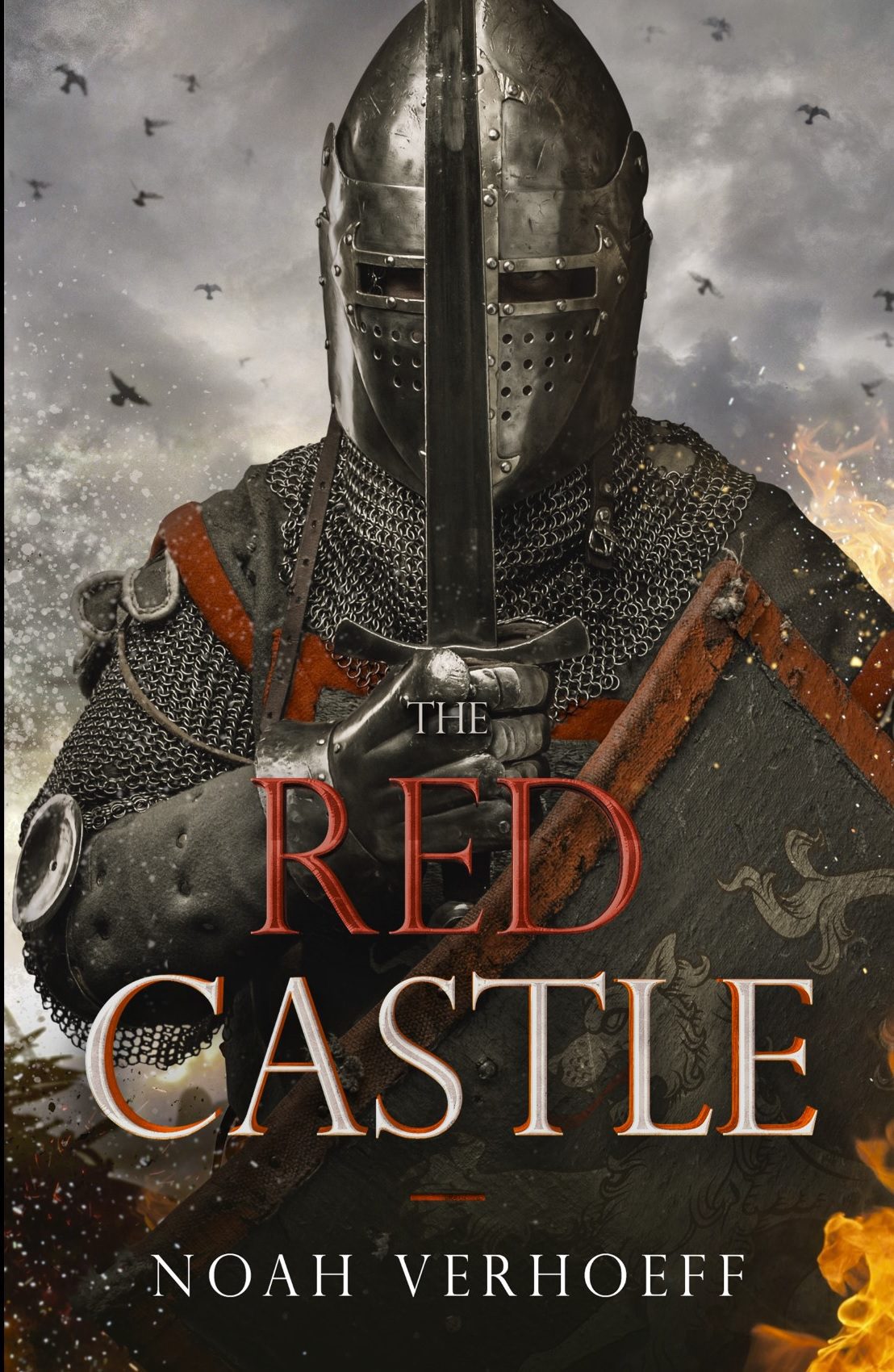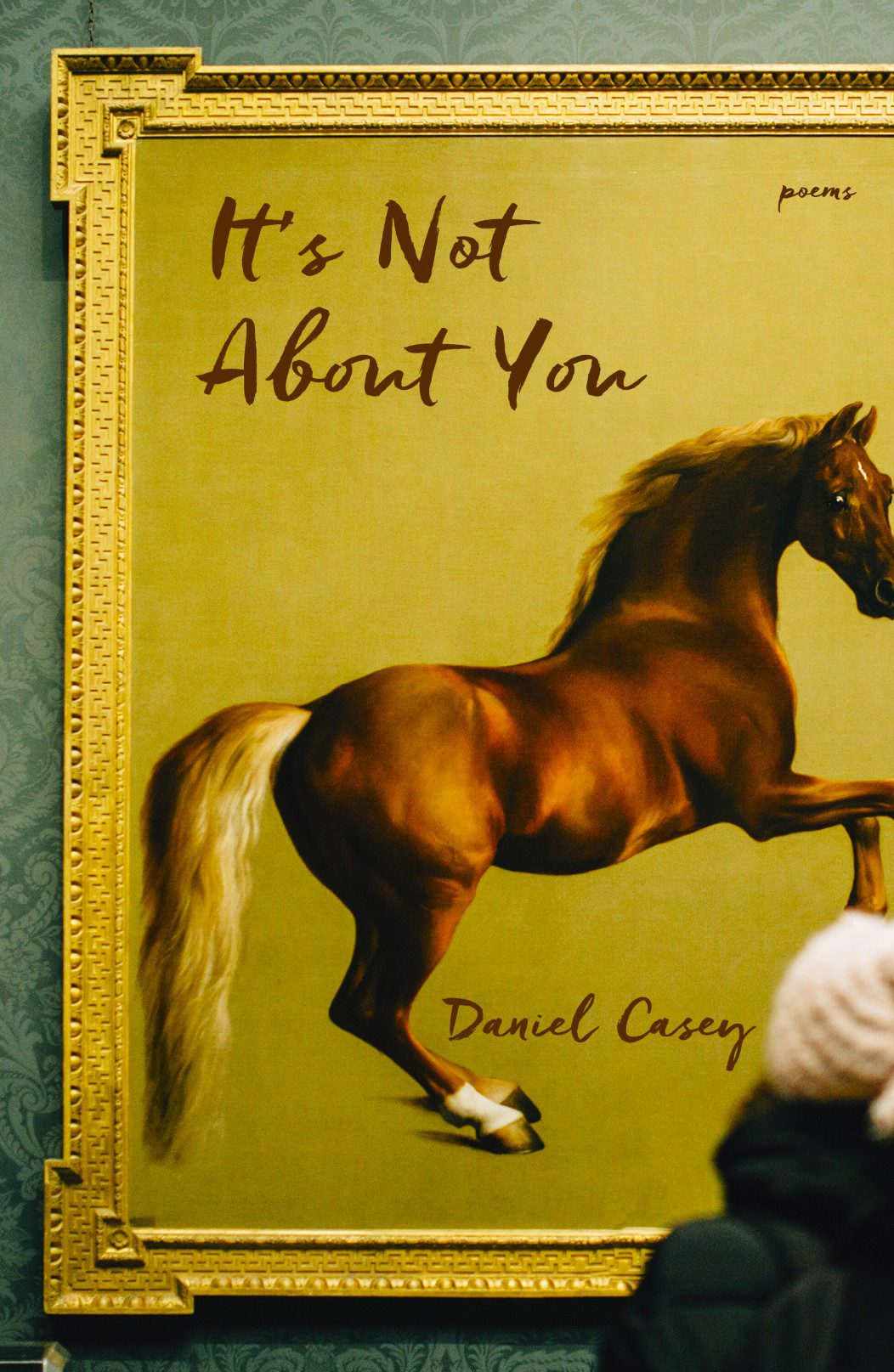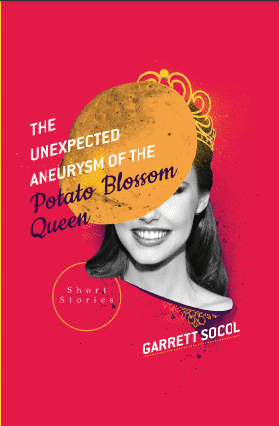“I am here. I once was here. I will return here. The here always remains,” states author Rebecca Beardsall in her part memoir/part photo album My Place in the Spiral. In the author’s insightful and intriguing journey to research and spiral back to two women ahead of their times—her grandmother Ruth and great-grandmother Mary—Beardsall forges for us a path of understanding. Comparing faces, mannerisms, conversations, houses, educations, beliefs, superstitions, and dreams, she leads us from her New Zealand and Western Washington homes back to her Pennsylvania German heritage.
We, too, are in these pages, detectives uncovering clues to better understand, perhaps, our own identities. Mennonite upbringing re-stitched with feminism and literary theory? The future superimposed with sepia-toned photographs? Yes. In My Place in the Spiral, “the past…[serves as] a vision of [the] future….[t]he gyre of memory… looping back again.” In these pages, Rebecca Beardsall gives us the people we love alongside the ancestors we may never have met. In doing so, she encourages us to rediscover in them our present and future lives.
–Marjorie Maddox, www.marjoriemaddox.com, author of the prose collection What She Was Saying
Through Beardsall’s use of photographs and narrative captions, it’s as if we have all been invited to an intimate family slideshow. My Place in the Spiral begins with a look at time, at memory, and at our place in all of it and ends with the satisfaction that Beardsall has found herself, her nana, and her great-grandmother connected in the those spiraled lines that are always retreating and returning all at once.
Rebecca Beardsall’s quest to find out how and why she has always connected with her nana and great-grandmother is a literary journey through photographs and travel. With each turn of the page, we see what she sees, the closing of the distant connection between two women she had always wanted to meet but couldn’t and the warmth that grows inside of her with every discovery that she is more like them than she could have imagined.
–Kase Johnstun, http://kasejohnstun.com/, author of Beyond the Grip of Craniosynostosis
My Place in the Spiral is ostensibly about her search to find out something about her grandmother. And it is that, and that simple story is interesting enough in its own right. But it’s also about more far more than that. Through photographs and footnotes, the book asks us to suspend ourselves in multiple moments in the same moment, to see one body in multiple bodies (or is it multiple bodies in one body) and, in doing so, to confront any number of quietly sublime truths about our complicated relationship to time. At various points, the book reminded me of Mitchell, Vonnegut, and Dickens; yet the book goes beyond those now dusty meditations on time to propose yet a new relationship to time.
Beardsall uses family history to bend time back on itself so effortlessly. The story runs through your hand a bit like sunlight or cold river water or time itself: beautiful, important, impossible to capture or contain, let alone describe.
Readers will find themselves in My Place in the Spiral, I think, because we have all looked into a mirror and watched an unexpected ancestor peer back out. Time does not progress. It swirls. It eddies. It flows faster. Sometimes it stops, even doubles back on itself.
–Nathan R. Elliott, Ph.D , writeronabike.online
Memoir takes a visual, time-traveling and always intriguing interpretation as Rebecca Beardsall’s book crisscrosses family, history and destiny in sometimes startling discoveries that inspire further exploration of the mysteries in one’s own memories.
–Sarah Eden Wallace, multimedia journalist, Falling Star Studio




